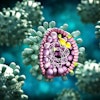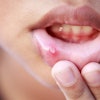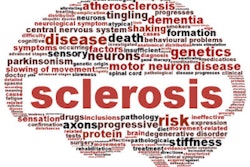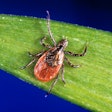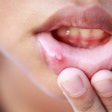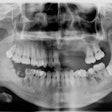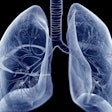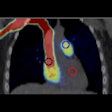Changes in the oral microbiome may play a role in the development of multiple sclerosis (MS), providing new insight into how the oral environment interacts with the body. This study was recently published in NPJ Biofilms Microbiomes.
An altered oral microbiome and metabolome, including an increase in potentially harmful bacteria in patients with relapsing-remitting multiple sclerosis (pwRRMS), may play a role in disease development, the authors wrote.
“Our comprehensive analysis shows significant alterations in the oral microbiome of pwRRMS,” wrote the authors, led by Rachel L. Fitzjerrells of the University of Iowa College of Dentistry (NPJ Biofilms Microbiomes, October 20, 2025, Vol. 11:1, 199).
To understand the possible association between MS and the oral microbiome, 50 adults diagnosed with RRMS and 50 healthy controls (HCs) with no history of MS or other autoimmune diseases were recruited. The researchers aimed to identify microbial species, bacterial metabolic pathways, and oral metabolites associated with RRMS, they wrote.
Saliva samples were either collected during clinic visits or mailed for analysis. Shotgun metagenomic sequencing and untargeted metabolomics were used for microbial and metabolomic profiling. Potential confounding factors such as sex, smoking history, and drug therapy were controlled, and machine learning-based topic modeling was applied to analyze bacterial, viral, and fungal communities.
The study found that pwRRMS had fewer early colonizing bacteria, such as Streptococcus and Actinomyces, and higher levels of potentially harmful species, like Fusobacterium nucleatum, Porphyromonas gingivalis, and Prevotella. Their metabolite profiles also showed reduced levels of hypotaurine compared to HCs, the authors wrote.
Untargeted metabolomics identified hypotaurine as a potential salivary biomarker that consistently distinguished RRMS patients from controls. Additionally, the cysteine synthesis pathway, which produces precursors for taurine biosynthesis, was significantly downregulated in pwRRMS. Since taurine supports neurological development and maintenance, these changes may contribute to MS pathobiology.
However, the study had limitations. Clinical periodontal assessments were not conducted, so the study could not directly evaluate how periodontitis might affect the oral microbiome or its link to RRMS, the authors added.
“These findings offer potential microbiome-metabolome based diagnostic biomarkers for MS and pave the way for novel therapeutic interventions to improve disease management and patient outcomes,” Fitzjerrells and colleagues wrote.

